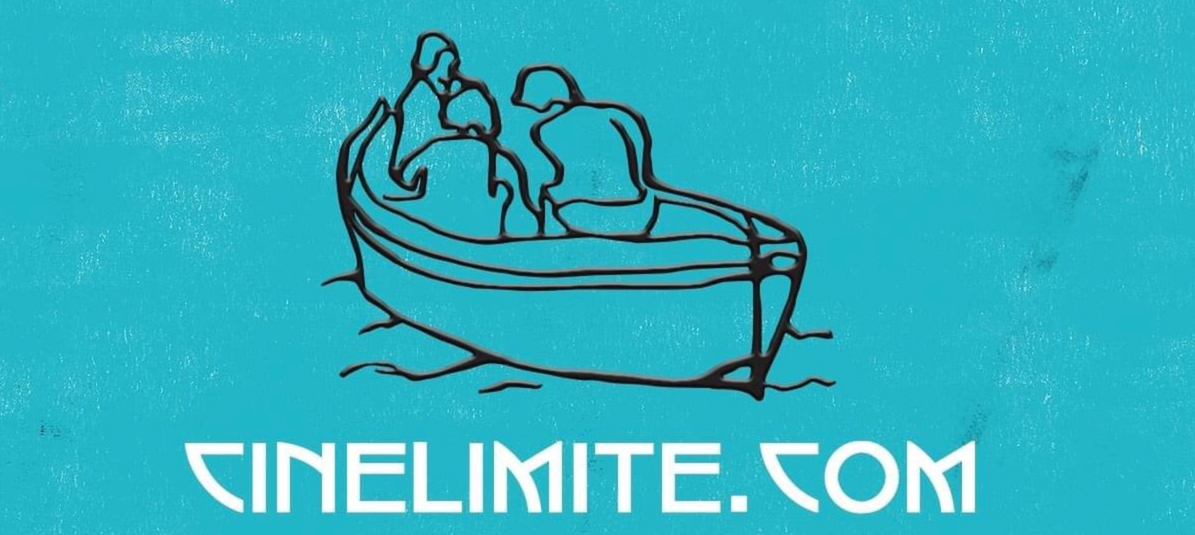Writing about New Cinema Club earlier this month, I remarked that “arts investment is not so much on its last legs as finding a way to get up while the world repeatedly clubs it over the head.” One tends to think on more local levels, so of course I didn’t take into account how markedly worse the situation in Brazil’s become: their Cinemateca Brasileira has been subject to disasters both natural and systematic, as outlined in this rather dread-inducing story from arturita.
Brazilian cinema is, for reasons that would take too long to qualify and quantify, not well-represented in any North American realms—festivals, distribution, retrospectives, suffice it to say all of “film culture” as we try to define that perpetually moving target—which means this tragic news does not receive an outcry à la something similar happening to, say, the Cinémathèque Française. It also makes the arrival of Limite even more vital. The non-profit outlet is devoted to exhibiting “newly translated classic and contemporary Brazilian films while providing engaging supplementary material such as written essays, video essays, interviews, lists, and even podcasts.”
Founded by William Plotnick, Eric Barroso, and Gustavo Menezes, Limite begins with a program focusing on “the status of the archive and the nature of Black cinema in the country, both today and historically.” Thus they are currently streaming—for free—Carlos Adriano’s short A Voz e o Vazio: A Vez de Vassourinha and Zózimo Bulbul’s Abolição while making available a wealth of reading material. Maybe most relevant to the Cinemateca’s current predicament is an interview with archivist Hernani Heffner, though (at the risk of diluting what seems a wide-ranging mission) this entire enterprise has undergirding it a sense of urgency I’m not sure its creators could’ve anticipated, to say nothing of wanted, when work on it began.
Whatever’s next, and however that shapes the scope of Limite’s mission, it’s already clear their place within film culture—which has probably made another shift since penning the paragraph I called it perpetually moving––is welcome, distinct, and necessary.


